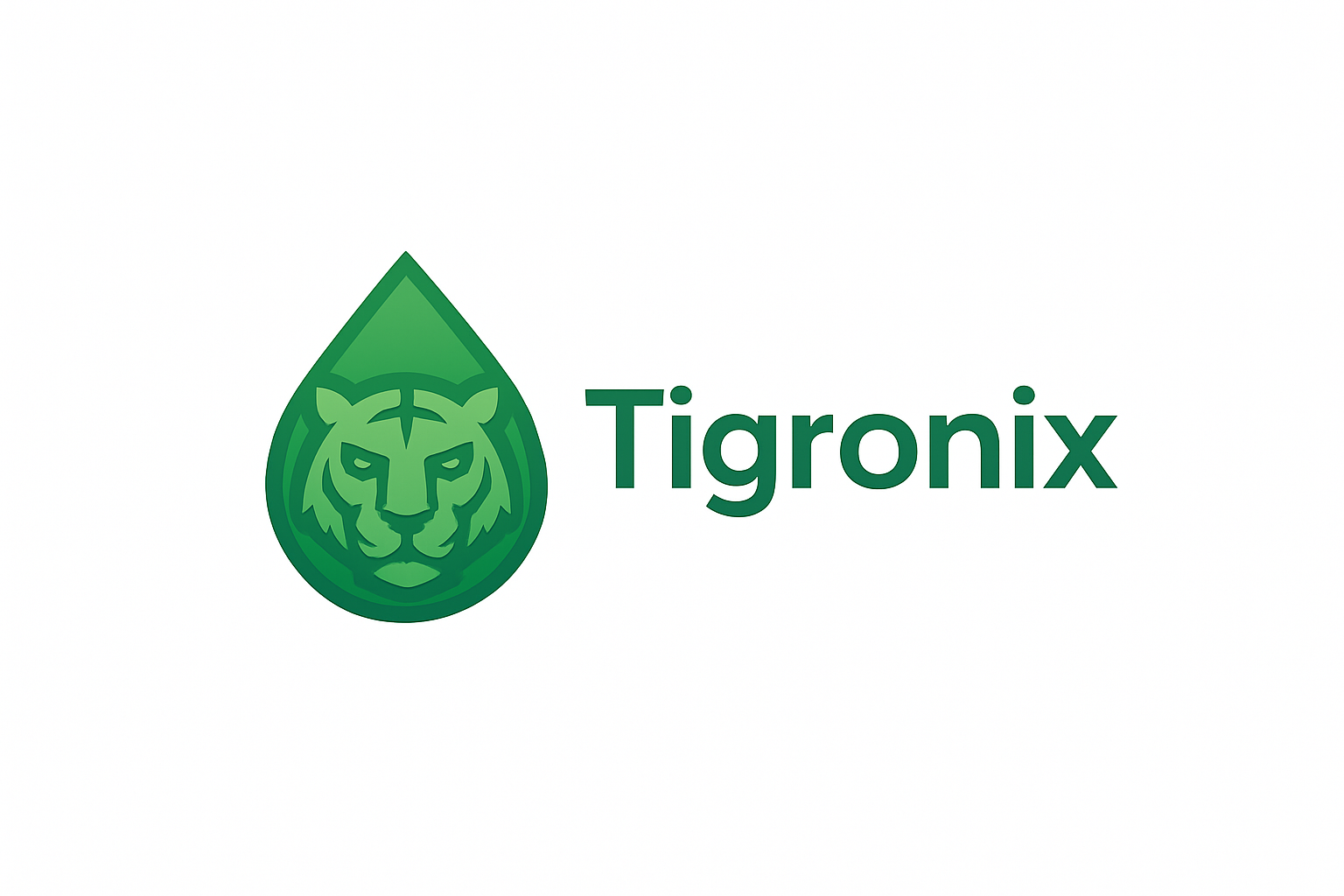A data center SSD is a solid state drive specifically engineered for use in enterprise-level and data center environments, not for general consumer PCs. These drives offer higher endurance to handle a greater volume of read/write operations over their lifespan, robust components for 24/7 operation, and reliability features such as power loss protection and data path protection to prevent data loss. Data center SSDs deliver consistent performance, with stable IOPS and predictable low latency, which is essential when servicing intensive workloads. In addition, they come with advanced technologies like end-to-end data protection, hardware encryption, and compatibility with RAID controllers, making them ideal for high-demand environments such as servers, storage arrays, and virtualized platforms [1][3]. Using data center SSDs ensures both high-speed data access and resilience, supporting the critical needs of modern data centers [1][3].
Why don’t data centers use SSD?
Data centers do use SSDs, but not exclusively. The main reason data centers still deploy large numbers of hard disk drives (HDDs) is the higher cost per gigabyte of SSDs compared to HDDs [2]. SSDs provide faster performance, greater reliability, and lower power consumption, making them perfect for data-intensive or performance-sensitive workloads such as databases and transaction processing [5]. However, HDDs offer significantly larger storage capacity for a much lower initial investment, which is crucial for archival, backup, or "cold" storage applications where speed is less important [2]. For many storage needs, especially those that don’t benefit noticeably from flash performance, the price difference between SSDs and HDDs is not justified, so IT managers often use SSDs for "hot" data and HDDs for "cold" archival data [2][5]. Ultimately, most data centers use a mix of both technologies to optimize cost and performance [2][5].
What is the world’s fastest data center SSD?
The world’s fastest data center SSD currently is the Micron 9550 NVMe SSD. It features PCIe Gen5 technology and delivers up to 14GB/s sequential read speeds and up to 10GB/s sequential write speeds, which are industry-leading benchmarks. For random reads, it reaches up to 3.3 million IOPS and up to 400,000 IOPS in random writes, outperforming other PCIe Gen5 drives by significant margins. These features make it an ideal solution for demanding AI, machine learning, and big data workloads, where latency and parallel data access are critical. The Micron 9550 NVMe SSD also excels in energy efficiency, reducing both power consumption and operational costs for the data center [4].
